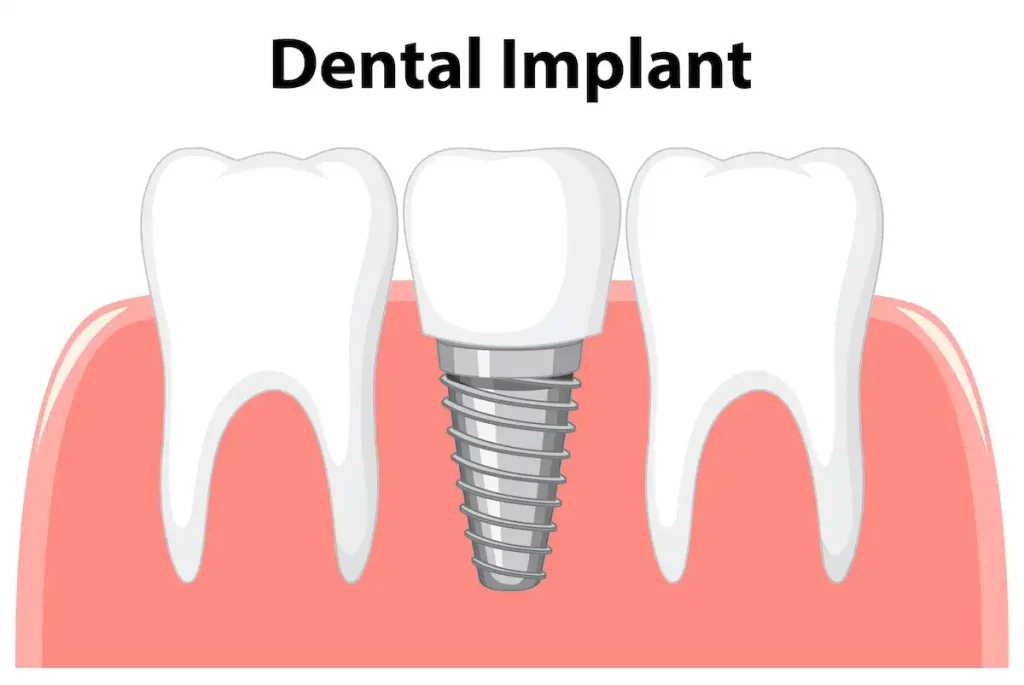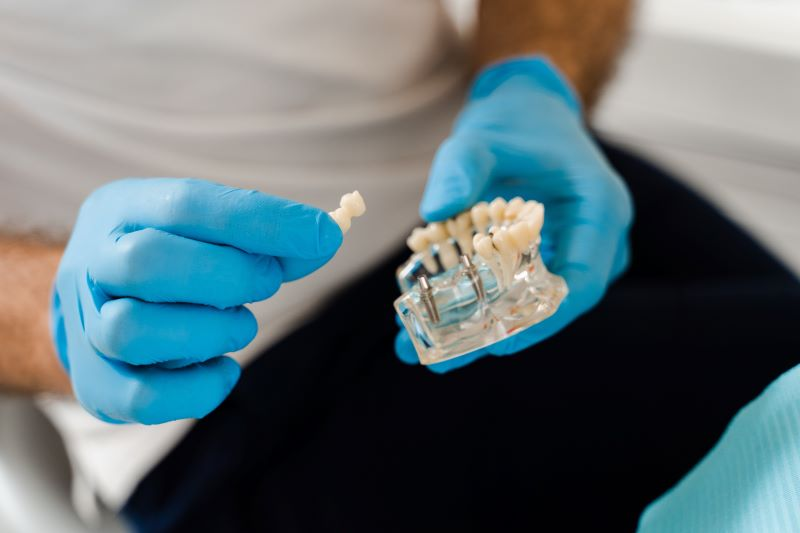For many, starting the day with a hot cup of coffee is a cherished routine. However, the rich, dark brew that gets you going can also leave behind stubborn stains on your teeth. Over time, these stains can make your smile appear dull or yellowed. Fortunately, teeth whitening treatments and simple tips can help keep your teeth looking bright and healthy, even if you're a dedicated coffee drinker.
In this blog, we will explore effective ways to whiten teeth for coffee lovers, including tips for stain removal, treatment options, and preventative measures.
How Coffee Causes Teeth Stains
Before diving into whitening tips, it's essential to understand why coffee causes stains. Coffee contains tannins, which are plant compounds found in beverages like tea, wine, and coffee. These tannins cause the staining effect by adhering to the enamel of your teeth. Over time, the repeated exposure to coffee leads to discoloration, making the teeth appear less white.
Additionally, coffee is acidic, which can weaken tooth enamel, making it more susceptible to staining. The more frequently you consume coffee, the more the stains can build up, especially if you don’t maintain proper oral hygiene.
Teeth Whitening Tips for Coffee Drinkers
While coffee may be a daily indulgence, there are ways to prevent and reduce its impact on your smile.
1. Drink Water After Your Coffee
One simple and effective way to combat coffee stains is to drink a glass of water after having your coffee. This helps rinse away coffee residue from your teeth, minimizing the amount of time it stays on your enamel. Swishing water around your mouth for a few seconds can help wash away some of the staining agents before they have a chance to set in.
2. Use a Straw
Drinking coffee through a straw is another trick to reduce staining. A straw allows the liquid to bypass your teeth, which can prevent direct contact with your enamel. While this might not completely eliminate the risk of staining, it certainly minimizes the exposure to coffee on your teeth.
3. Maintain Good Oral Hygiene
Good oral hygiene practices are key to keeping your teeth free from stains. Brush your teeth at least twice a day and floss daily to remove food particles and plaque, which can contribute to discoloration. Brushing your teeth after drinking coffee (or at least rinsing with water) can prevent the buildup of coffee stains.
Tip: Use a whitening toothpaste designed to remove surface stains. These toothpastes typically contain mild abrasives that gently polish the enamel and eliminate stains caused by coffee, tea, and other foods.
Teeth Whitening Treatments for Coffee Stains
If you're dealing with deeper stains that won't go away with regular brushing, there are several teeth whitening options available.
1. Professional Teeth Whitening
For the most dramatic and long-lasting results, professional whitening performed by your dentist is the best option. During a professional whitening treatment, a higher concentration of bleaching agents is applied to your teeth, helping to remove stains more effectively than over-the-counter products.
Professional whitening can be done in a single visit, and the results are often visible immediately, making it an excellent option for coffee drinkers who want quick and noticeable improvements.
2. At-Home Teeth Whitening Kits
If you prefer to whiten your teeth at home, there are many over-the-counter teeth whitening kits available. These kits typically contain lower concentrations of bleaching agents compared to professional treatments but can still be effective with consistent use.
Some common home whitening options include:
Whitening Strips: These adhesive strips are coated with a whitening gel and are applied directly to your teeth for a specified period. They are easy to use and can be effective at removing surface stains.
Whitening Trays: These kits often include custom-fit trays that are filled with a whitening gel and worn over your teeth for a longer period, such as 30 minutes to an hour per session.
When using at-home products, it’s essential to follow the instructions carefully to avoid irritation or damage to your gums and teeth.
3. Whitening Toothpaste and Mouthwash
Whitening toothpaste and mouthwash are more affordable and convenient options for maintaining a bright smile. Many whitening toothpastes contain mild abrasives that help remove surface stains caused by coffee. However, it's important to note that whitening toothpaste is generally more effective for maintaining the results of a professional or at-home whitening treatment rather than removing deep stains.
Additionally, whitening mouthwashes can help remove stains and freshen breath at the same time. Using these products as part of your daily oral care routine can provide gradual whitening effects over time.
Preventing Future Stains
While whitening treatments can remove existing coffee stains, preventing future stains is equally important. Here are a few tips to help keep your smile bright in the long run:
1. Limit Coffee Consumption
One of the most effective ways to prevent coffee stains is by reducing the amount of coffee you drink. If you find it difficult to give up coffee entirely, consider limiting the number of cups you have each day or opting for a lighter coffee that contains fewer tannins.
2. Brush Your Teeth Immediately After Drinking Coffee
If you can’t brush your teeth right after drinking coffee, at least rinse your mouth with water or mouthwash to remove any leftover coffee. If you wait too long before brushing, the acids in coffee can weaken your enamel, making it more difficult to remove the stains.
3. Consider Using a Whitening Toothpaste
Incorporating a whitening toothpaste into your daily routine can help prevent stains from building up over time. Look for toothpastes with gentle polishing agents that are specifically designed to remove stains caused by coffee, tea, and other foods.
4. Get Regular Professional Cleanings
Regular visits to the dentist for professional cleanings are essential for keeping your teeth free of plaque and stains. Your dentist can remove surface stains caused by coffee and polish your teeth to give them a bright, smooth appearance. Depending on your coffee consumption, you may want to schedule cleanings more frequently to maintain optimal oral health and aesthetics.
Conclusion







